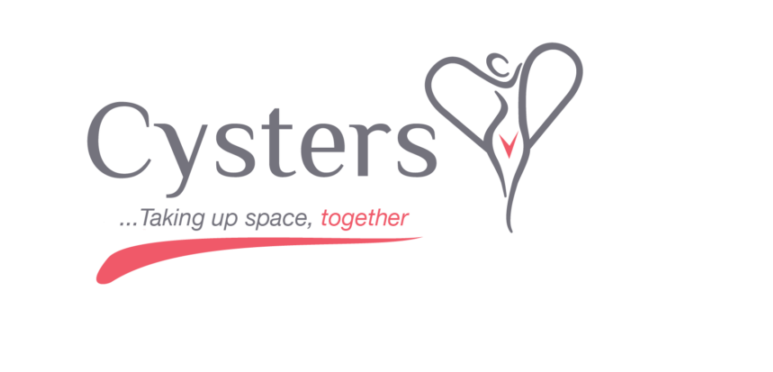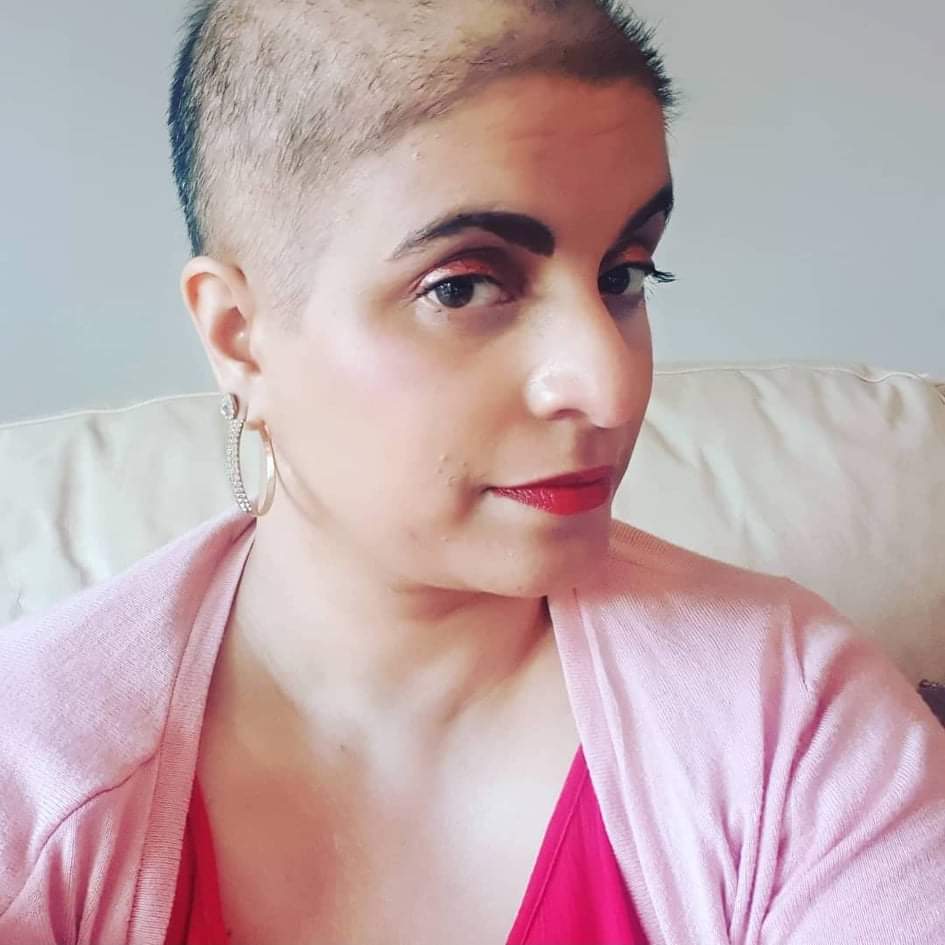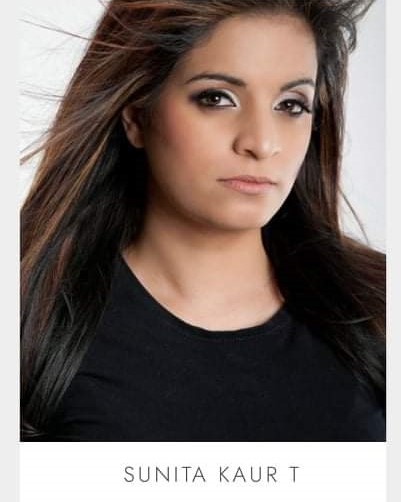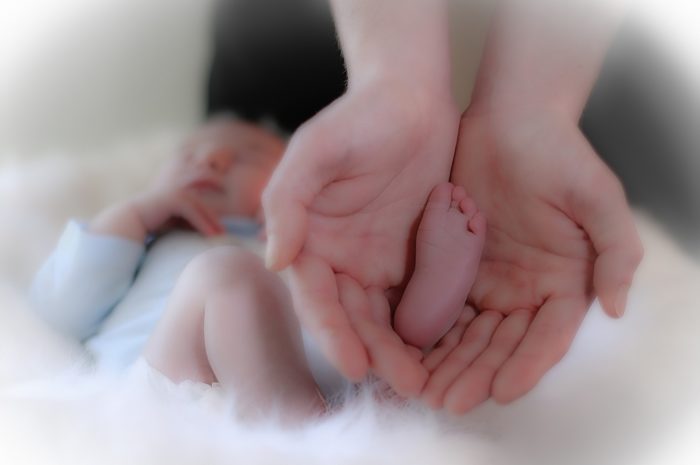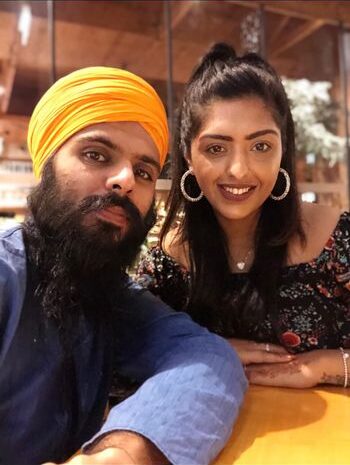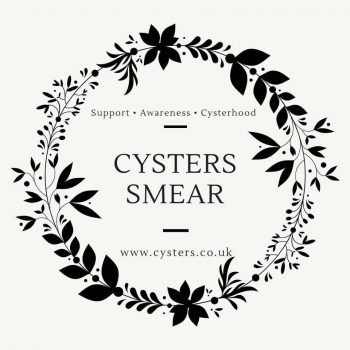By – Sunita Thind
As far back as I can recall, I have always known I wanted to become a mum. I’ve always had a maternal instinct and longed to have a child to share experiences with, to shower with love, and to help them succeed in the world at 38-year-old, living in Derby with my husband, Peter.
My whole world – and plans for a family – were shattered in April 2016, when I was suddenly diagnosed with ovarian cancer, having shown no previous symptoms of the disease.
I just woke up one day and literally looked pregnant, the cruel joke my body seemed to be playing on her. My belly was all swollen and I was in excruciating pain and kept vomiting. It was the worst pain I have ever experienced.
I was rushed into hospital, where 11 litres of fluid were removed from my abdomen, before I underwent numerous tests and scans. When the doctors realised it was cancer, they removed my left ovary, appendix and fallopian tube.
They wanted to do a full hysterectomy but I desperately didn’t want this. I was only 33 and wanted to have children. So they shut down my other ovary and I went into early menopause. Little could I have imagined what other challenges lay ahead.
Having ovarian cancer changed my world. It shattered me and I felt like I was living with constant fear. There was always this little voice wondering if I did the right thing by not having a hysterectomy.
Three years after my initial cancer diagnosis, in April 2019, I had fertility treatment to freeze my eggs and managed to secure eight viable eggs. All the while, I was having regular scans to check that the cancer had not returned.
By November, specialists told me they weren’t happy as the cancer markers were high. Then in February this year, I was told there was cancer in my remaining ovary and that they needed to get rid of it. I was absolutely devastated.
I was no Punjabi ‘Meryl Streep’, I didn’t want to be a Bollywood starlet in a weepy movie about endurance and hardship. I just wanted to be Indestructible ‘Nitty’ Su (good) nita (morals) in Sanskrit. Nitty was my childhood pet name.
This time, it wasn’t only the doctors advising a hysterectomy. My husband Peter, (alongside our dog Ghost) was my “rock”, but he was worried, because his own mother had had breast cancer and then ovarian cancer and died of it 10 years ago. However, he realised how strongly I felt against having the full operation – and in the end he supported my decision.
I wanted to keep my womb because I still wanted to have a baby using my frozen eggs. I knew the ovary needed to go and that was heartbreaking [enough]. As a woman, I hadn’t wanted to lose my periods, my fertility and my womanhood as it is part of my identity. But I knew I had to have it done. It was then the coronavirus pandemic hit.
I was booked in for surgery to remove my remaining ovary in May, during the height of UK lockdown, making a stressful situation even more challenging.
The hardest thing, was not being able to have my husband by my side or any visitors, due to the strict lockdown measures in place. Peter was my best friend, the only person who truly stood by me and understood, loved me unconditionally other than my family and our dog, Ghost. Both my guardian angels, with extraordinary elements to their character.
Doctors had warned that if something went wrong during the surgery, they might have to do a hysterectomy anyway. The prospect of waking up to this news without my husband there to support her terrified me, I was fractured by fear, spiraling down. I wanted to take ownership of my story as a woman, and as a woman of colour dealing with daily racism and white privilege.
Luckily, the operation went smoothly – I didn’t lose my womb and the care I received was excellent. I was one of the lucky ones, not least as I am not afraid to speak out about having cancer.
Cancer is still stigmatised in the Asian community, from my experience, with many people unwilling to talk about it or seek help soon enough. There is also taboo over lost fertility, hair loss, surgical menopause (very painful) and Covid. Usually in Eastern culture women are easily blamed, as if they are cursed for maladies, they have no control over.
They call it the silent killer as it is often caught too late, thinking of my beautiful mother-in-law Linda who was taken to soon. I have a distant aunt who had breast cancer but she was too ashamed to go to the doctor until it was too late and she ended up dying of it when she was in her 40s. Although I didn’t experience any symptoms, I was very lucky that my ovarian cancer was caught so quickly.
At the beginning of my journey to hold onto my womanhood, I was a primary school teacher, but I now count myself as full-time poet. I have found poetry to be an amazing medium to express myself creatively. It has allowed me a voice, but this is not seen as a good thing in the Punjabi community. Women are supposed to be quiet, and take their suffering without any fuss.
Sadly, there were members of my family who wanted me to “keep it quiet” when I was diagnosed. As if it would bring shame on the them. Instead, I have chosen to become something of an ambassador – even taking part in a fashion show for the ovarian cancer charity Ovacome. If nothing else, my survival allows me to raise awareness in the Asian community. To encourage other Asian women to get checked and fight for their right to own their own bodies. There is no shame in being alive.
The Barging Bhuddi and Other Poems by Sunita Thind is published by Black Pear Press. The Coconut Girl by Sunita Thind is published by Wild Pressed Books.
